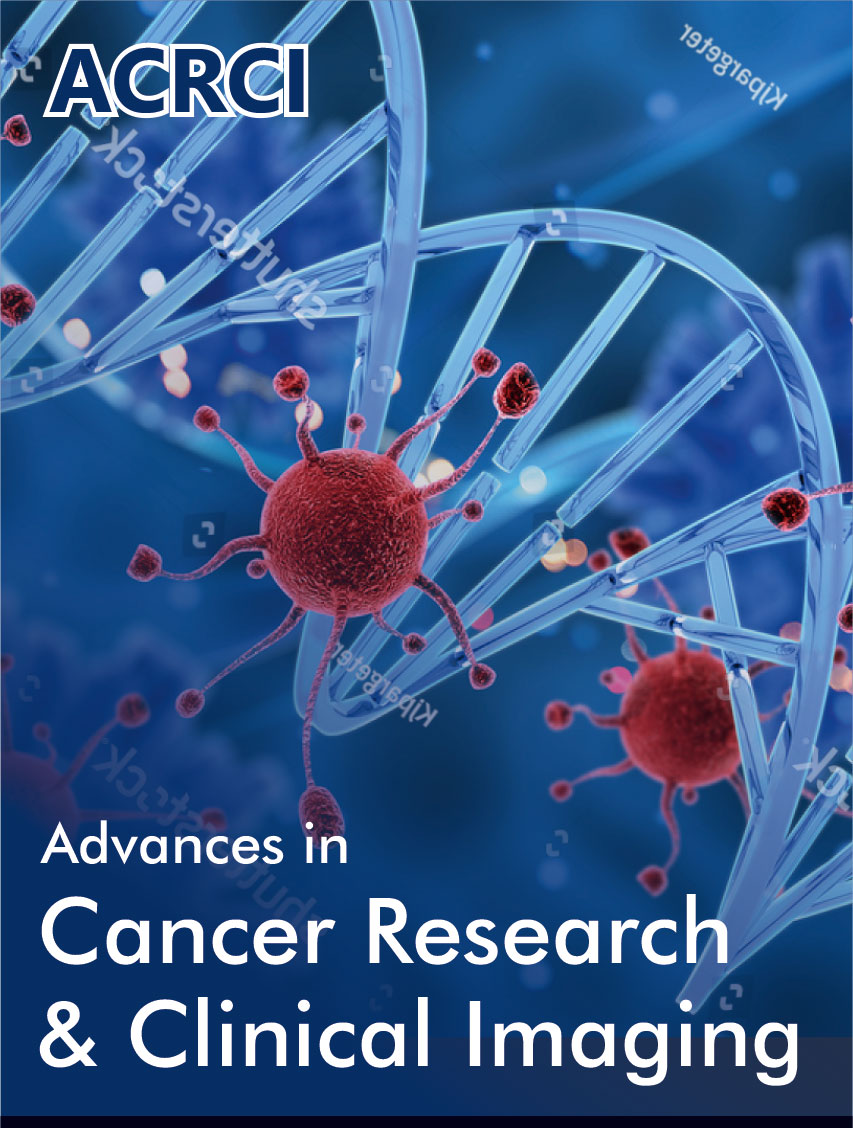 Mini Review
Mini Review
Macrophage-Based Versus T-Cell Based Cellular Immunotherapy: Do we still have a Chance against Tumors?
Rydell Alvarez Arzola1* and Circe Mesa2
1Department of Immunoregulation, Immunology and Immunotherapy Direction, Center of Molecular Immunology, Havana, Cuba
2Innovative Immunotherapy Alliance S.A., Mariel, Artemisa, Cuba
Rydell Alvarez Arzola, Department of Immunoregulation, Immunology and Immunotherapy Direction, Center of Molecular Immunology, Havana, Cuba.
Received Date: May 19, 2023; Published Date: May 30, 2023
Abstract
After the development of CAR-T technology and their efficacy in hematological malignancies, cell-based therapy has been stablished as a promissory strategy to treat cancer. Initial strategies have focused on T cell, however, nowadays the scientific community have expanded the cell-based therapies to other immune effectors. Here we discuss how the use cell therapies based on macrophages have the potential to exploit their functional diversity in order to circumvent the main limitations of T cell-based approaches. In recent years, there have been an increasing interest for the development of cellular therapies to treat cancer. In this scenario, T cells have been the main focus of the majority of the strategies due to its specific cytotoxic properties [1,2]. To date, the most expanded and studied T cell-based immunotherapy are the adoptive transfer of tumor-infiltrating lymphocytes (TILs) and the chimeric antigen receptor T cells (CAR-T) [1,2]. Despite the improvements to these strategies that have been made, several reports indicate that the advances in CAR-T-cell treatment of solid tumors have been slow to date [3-5]. Also, despite the enormous efforts of the scientific community to develop T cell-based strategies, their success has been largely restricted to hematologic malignancies, with several questions still unanswered regarding their efficacy on solid malignancies [5-8].
-
Rydell Alvarez Arzola and Circe Mesa. Macrophage-Based Versus T-Cell Based Cellular Immunotherapy: Do we still have a Chance against Tumors?. Adv Can Res & Clinical Imag. 4(1): 2023. ACRCI.MS.ID.000576.
-

This work is licensed under a Creative Commons Attribution-NonCommercial 4.0 International License.






